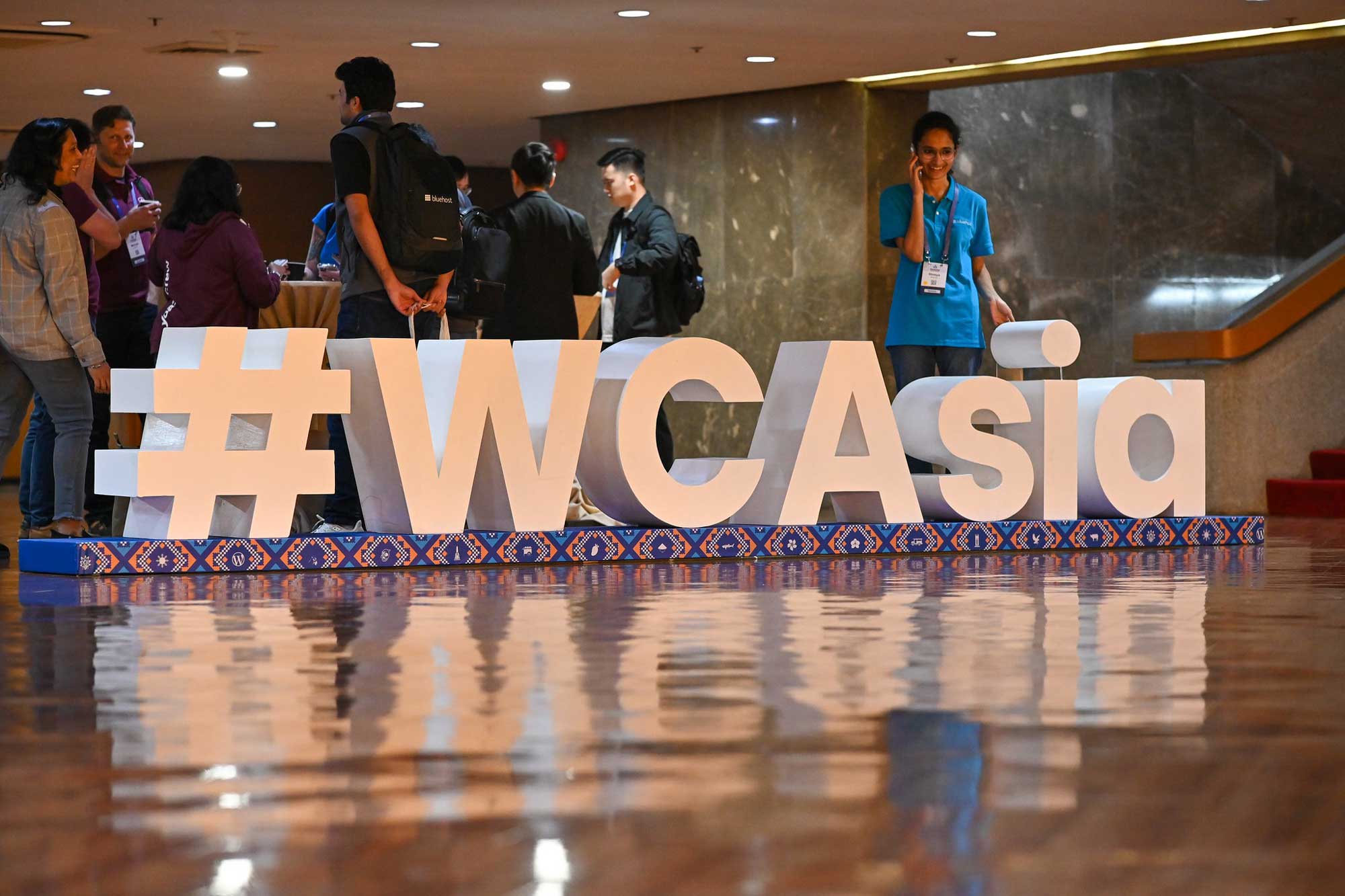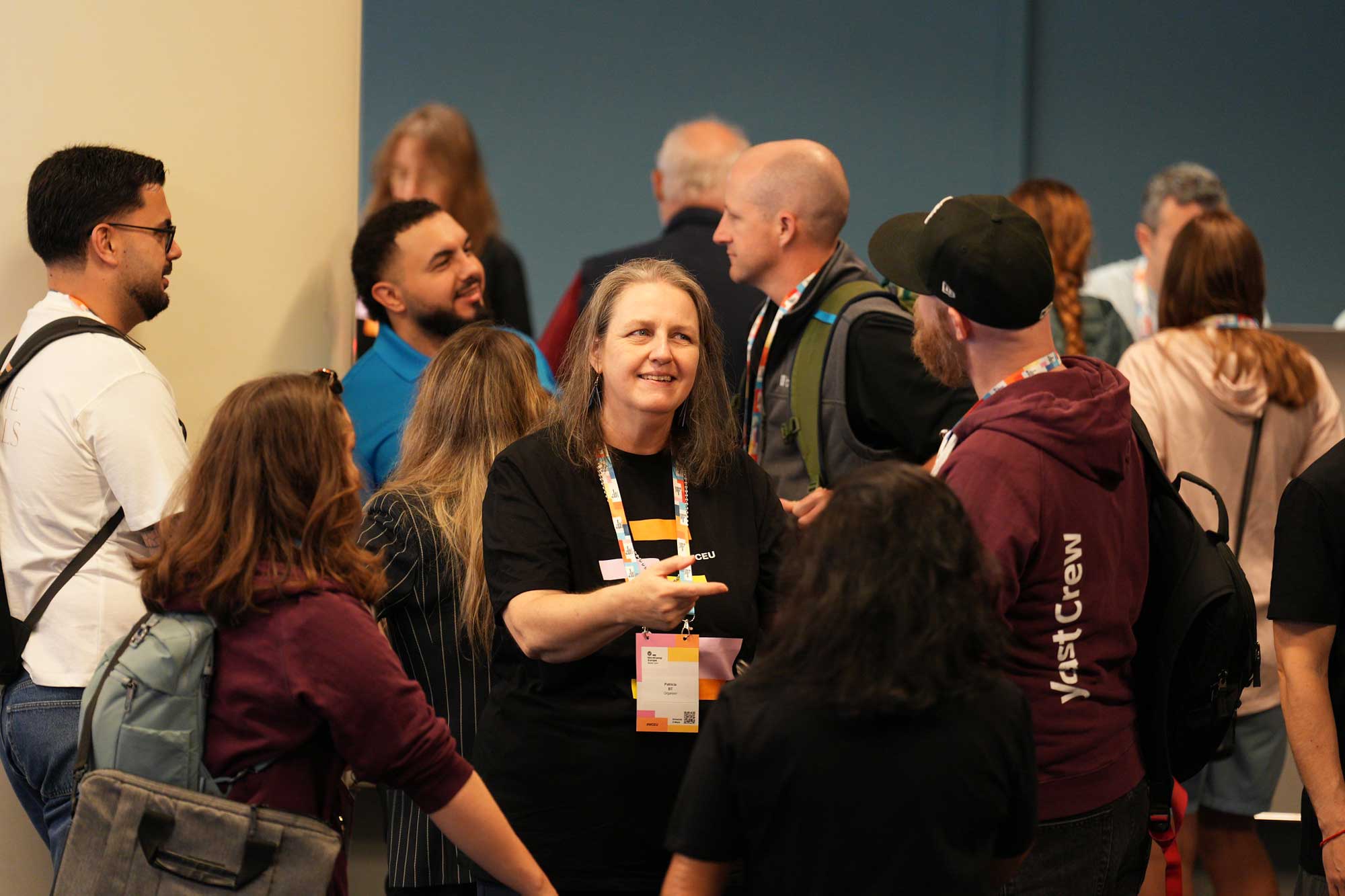Automattic is celebrating its 20th anniversary this month, marking two decades since Matt Mullenweg hired Donncha Ó Caoimh to help build WordPress.com. What began as a small, remote-first team has grown into a global company of nearly 1,500 people across 82 countries, powering platforms including WooCommerce, Tumblr, Jetpack, and Beeper.
In a pair of blog posts last week, Mullenweg and the Automattic team reflected on the company’s journey, from early skepticism about distributed work to its ongoing mission to democratize publishing, commerce, and messaging.
“Our industry is highly cyclical, and I feel fortunate to have gained the perspective of a few bubbles and crashes, along with all the emotions that go with them,” Mullenweg wrote on his blog.
“It’s undeniable we’re in the very early days — the command-line times — of an AI era, and though it will probably have its own bubble and crash cycles, it feels as significant to me as anything since we started.
“It’s more important than ever that we fight for open source and the freedom-enhancing side of technology.”

For Woo Artistic Director/Lead Beau Lebens, who joined Automattic in 2009, the milestone is both personal and professional. “Constant growth—and the people,” he wrote on his blog. “I get to work with genuinely good, motivated, brilliant humans every day. That makes all the difference.”
Kinsey Wilson, founder and head of Newspack at Automattic, also marked the milestone, recalling how the rise of blogging helped shift power away from traditional media and toward independent voices. “Stories that were once the province of mainstream media… surfaced on blogs whose authority rested on the insight, experience, and reputation of their writers,” he wrote on LinkedIn. Now, two decades later, he sees a certain irony in helping build tools for independent journalism at Automattic as the media faces a new upheaval: “Matt is striving to ensure that the vision that has enabled WordPress to capture 43 percent of the web remains just as relevant in the burgeoning era of artificial intelligence.”
Karen Arnold, Global Vice President of Talent at Automattic, also reflected on the company’s evolution. “If longevity were about finding the perfect path and never deviating from it, Automattic would still be the same company it was in 2005,” she wrote on LinkedIn. “Instead, we are evolving while holding onto what matters most.” Now in her 13th year with the company, Arnold pointed to resilience, flexibility, and a commitment to working “when and where we work best” as key to Automattic’s endurance.
Donncha Ó Caoimh, who still works at Automattic, marked his own 20-year milestone with a blog post recalling his early days managing the servers behind WordPress.com. “I knew the root password to WordPress.com,” he wrote. “I needed it… but I was thrilled when we got some real systems people on board.” Now, two decades later, he’s adapting to another shift: “The upstart AIs are disrupting everything related to my job,” he noted. “Time will tell.”
The 20th anniversary comes during a period of continued product development and expansion. In April, the company launched an AI-powered website builder for WordPress.com. The company has also made acquisitions, including Harper, a grammar check tool for developers, and more recently Clay, a relationship management tool designed to help users organize and search their networks.
While Automattic’s role in the WordPress ecosystem has at times drawn criticism, its contributions over the past 20 years — through project leadership, core code, infrastructure, and more — have played a significant role in the project’s growth and long-term success. Today, WordPress powers 43.4% of the web, according to W3Techs, and continues to be the world’s leading CMS, with 61.1% market share.
The milestone also arrives amid legal and operational challenges. Automattic is embroiled in a lawsuit with WP Engine, as well as facing a separate class action brought by WP Engine customers. It also follows three rounds of layoffs in under a year, the most recent in April, when 16% of its global workforce was cut.
Automattic recently resumed contributions to the WordPress project after stepping back in January to match WP Engine’s pledged 45 hours.







